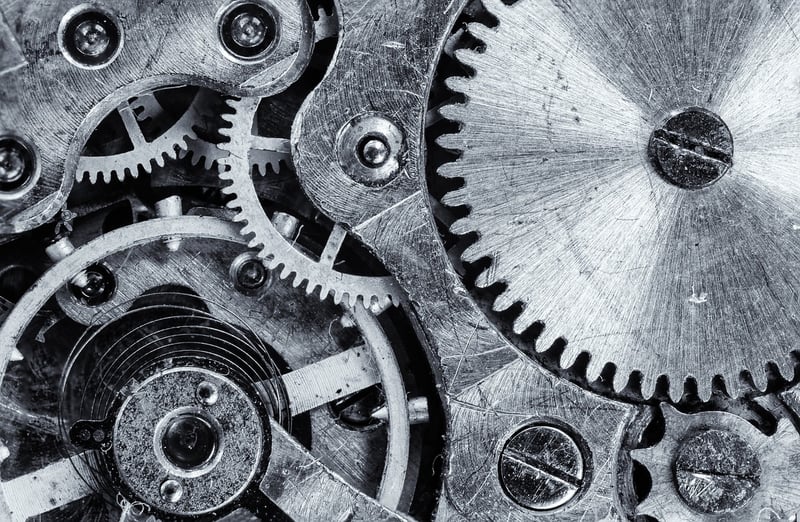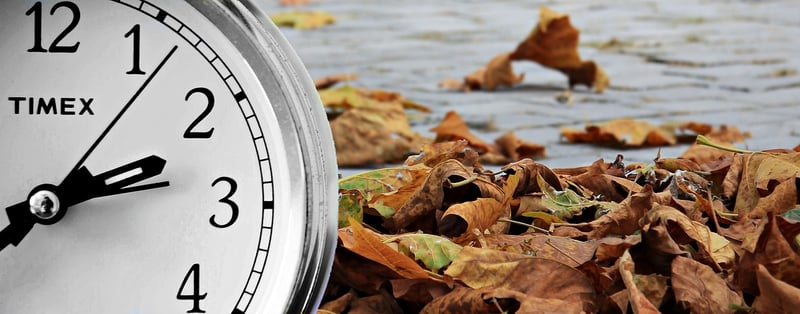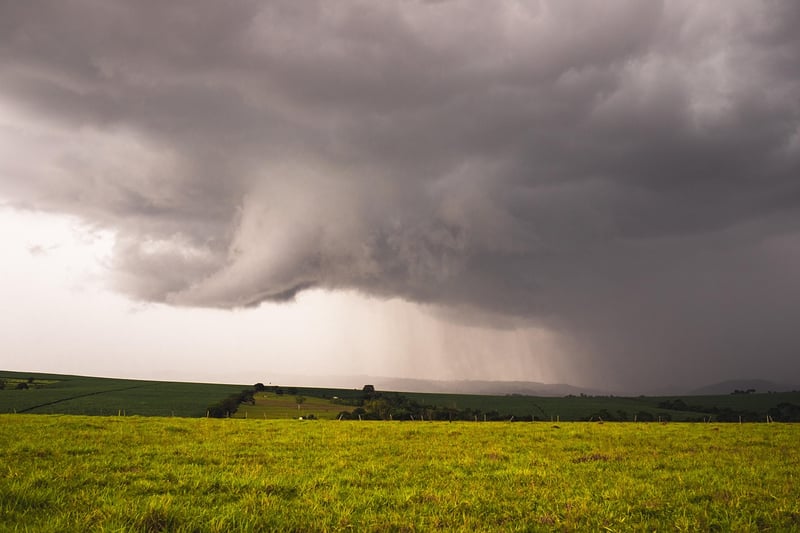Temporal Discoveries
Exploring the Realms of Time: Temporal Discoveries
Welcome to a fascinating journey through the realms of time, where we delve into the mysteries of temporal discoveries that have intrigued and captivated mankind for centuries. From ancient civilizations to modern scientific breakthroughs, the concept of time has been a subject of great curiosity and exploration. Let's embark on this adventure together as we uncover the secrets of time.
Ancient Timekeeping Methods
Our exploration begins with a look back at ancient timekeeping methods employed by civilizations such as the Egyptians, Greeks, and Romans. These early societies used sundials, water clocks, and other ingenious devices to track the passage of time, aligning their activities with the movements of the celestial bodies.

The Concept of Time in Philosophy
Philosophers throughout history have pondered the nature of time, raising profound questions about its existence, perception, and relationship to reality. Thinkers like Aristotle, Augustine, and Kant have contributed to shaping our understanding of time as a fundamental aspect of the human experience.

Modern Scientific Advances
In the realm of modern science, groundbreaking discoveries in the fields of physics and cosmology have revolutionized our comprehension of time. Concepts like relativity, time dilation, and the arrow of time have challenged conventional notions and opened up new frontiers in our exploration of the temporal dimension.

The Quest for Time Travel
One of the most enduring fascinations with time is the prospect of time travel. From H.G. Wells' "The Time Machine" to modern theoretical physics, the idea of journeying through time has captured the imagination of storytellers, scientists, and dreamers alike. While time travel remains a theoretical possibility, the quest to unlock its secrets continues to drive exploration and innovation.

Time as a Cultural Construct
Beyond its scientific and philosophical dimensions, time also holds cultural significance, shaping our rituals, traditions, and societal structures. Different cultures perceive and value time in diverse ways, reflecting their unique perspectives on history, memory, and the passage of generations.

As we conclude our journey through the realms of time, let us embrace the wonder and complexity of this fundamental aspect of existence. Time, with its myriad interpretations and implications, continues to inspire us to explore, question, and seek a deeper understanding of the temporal mysteries that surround us.
